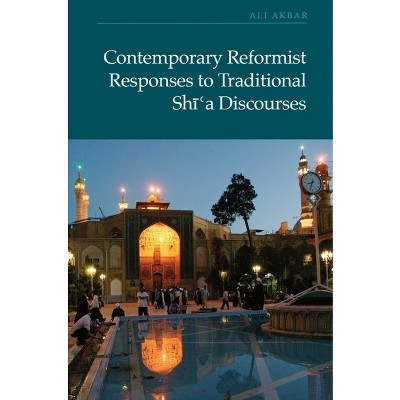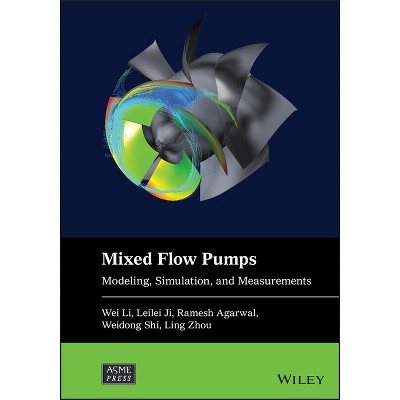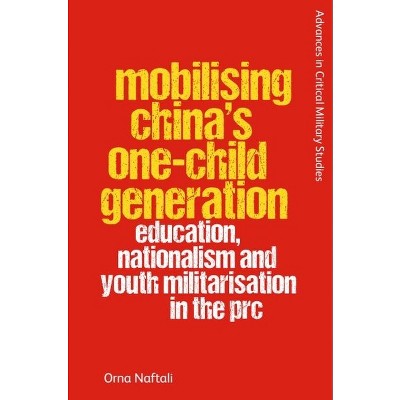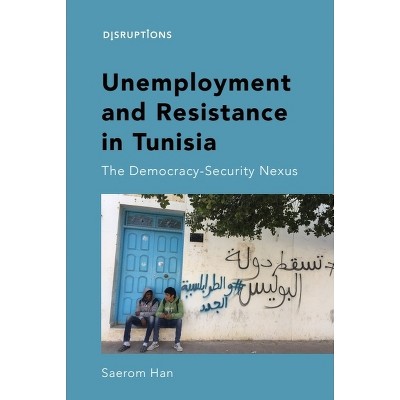About this item
Highlights
- Explores how affect and emotion create new ways of understanding contemporary Chinese politics.
- About the Author: Shih-Diing Liu is Professor of Communication at the University of Macau.
- 240 Pages
- Political Science, World
Description
About the Book
Explores how affect and emotion create new ways of understanding contemporary Chinese politics.Book Synopsis
Explores how affect and emotion create new ways of understanding contemporary Chinese politics.From the Back Cover
Explores how affect and emotion create new ways of understanding contemporary cultural politics in China The growing political conflicts unfolding in China provide an opportunity to rethink the cultural politics of emotion. Although the political formations in the region are laden with a multitude of emotions, they tend to be poorly understood. This book explains why affect and emotion matter in politics from the Mao Zedong to the Xi Jinping era. It makes a unique contribution by investigating the dynamics of political passions and the contexts from which emotional subjects engage in hegemonic struggles through the creation of various cultural forms, including Maoist art and popular films. Topics discussed include the mobilisation of revolutionary emotions in political movements, the desire of nationalism, the virtual affective space created by antagonistic identity politics, the subaltern body as a surface of emotion work, and the blurring of public-private divides on social media. Liu and Shi find that cultural feelings and emotional experiences are crucial for understanding political struggle, as well as debates about the cultural dilemma of the Chinese Dream. Shih-Diing Liu is Professor of Communication at the University of Macau, China. Wei Shi is Associate Professor of Communication at the University of Macau, China.Review Quotes
Affective Spaces analyzes key moments of emotional intensities in Chinese political life from Mao to the internet. An important contribution to the study of emotion, media and society.
--Guobin Yang, University of PennsylvaniaA compelling foray into the cultural politics of China through the lens of sentiment. Layered, sophisticated, and fun to read, Affective Spaces illustrates how participatory practices lean on mood, atmosphere, and feeling, to reimagine cultural boundaries across China. A modern and contemporary read which makes a significant contribution.
--Zizi Papacharissi, author of Affective Publics and After DemocracyAbout the Author
Shih-Diing Liu is Professor of Communication at the University of Macau. He completed his PhD at the University of Westminster. His research has appeared in journals including Dushu (Beijing), Positions, and New Left Review. He is the author of The Politics of People: Protest Cultures in China (2019).
Wei Shi is Associate Professor of Communication at the University of Macau. She completed her PhD at Goldsmiths College, University of London. Her articles have been published in journals including Chinese Journal of Communication, Inter-Asia Cultural Studies and Feminist Media Studies. She is the author of Wandering in China's Las Vegas: Migrant Workers in Macau (2018).












